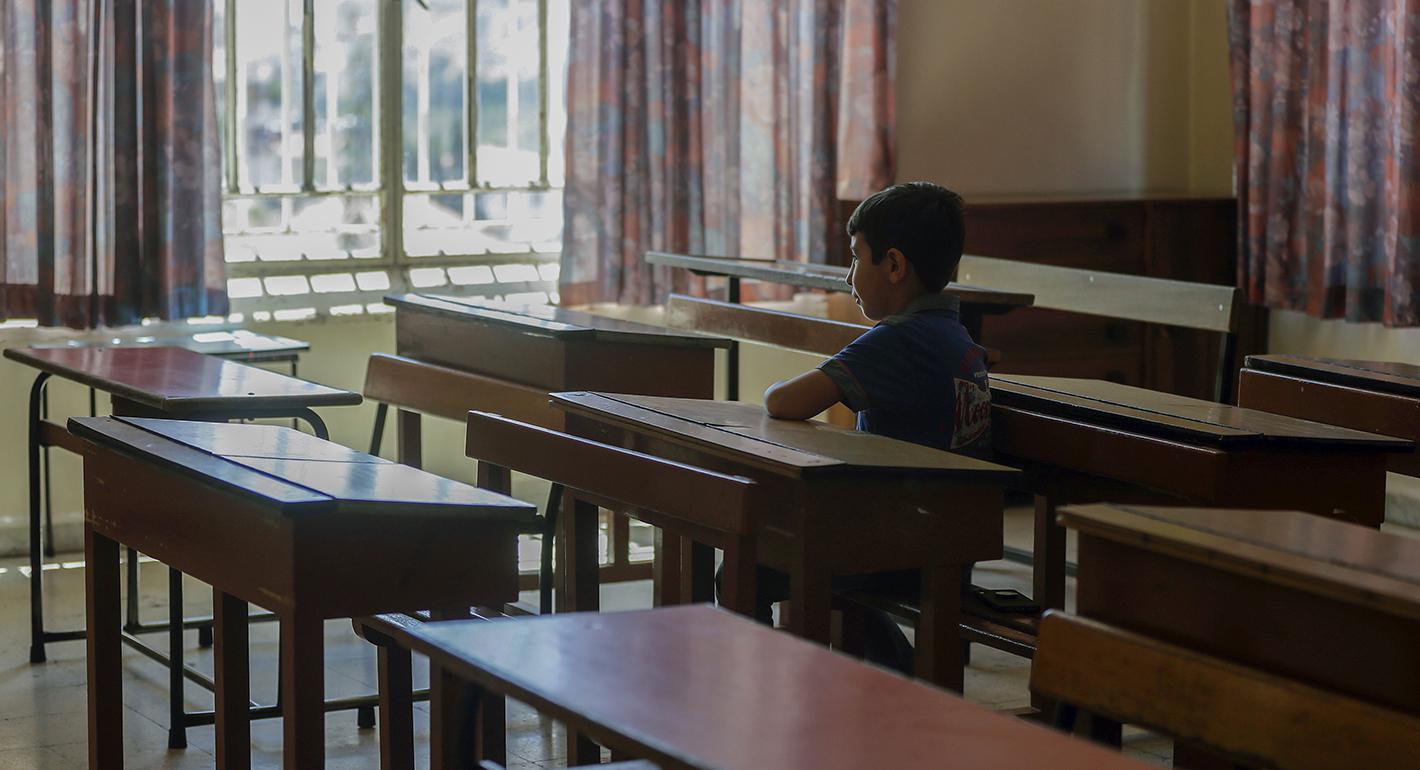1 to 10 of about 82

Join Carnegie’s Frederic Wehrey as he sits down with Lisa Anderson, Bessma Momani, Michael Robbins, and Sultan Alamer to discuss the current and looming challenges facing the MENA region.

The agreement moves Doha closer to Beijing, which has been meticulously building up its presence in the Gulf.

The countless discussions about a U.S. withdrawal from the Middle East should actually be formulated in reverse.

The 2022 FIFA World Cup in Qatar will be a record-breaking affair. The tournament is poised to be the most-watched and highest-grossing sporting event of all time.

The Gulf emirate has succeeded in using football as one dimension of its national security strategy.

FIFA’s decision to give Qatar hosting rights for the 2022 World Cup brought criticism—and opportunities for change. With fans’ chants for the protection of human rights getting louder, will the country and FIFA answer with long-term reforms?

Across the Arab world, different education reform initiatives have had varying levels of success in different contexts. This paper explores some types of education reform that could serve as groundwork for broader change.

Gulf Arab investors, European football clubs, and the Roman Abramovich factor

Amid the war in Ukraine, Moscow continues to build bridges in the Middle East.

Spot analysis from Carnegie scholars on events relating to the Middle East and North Africa.